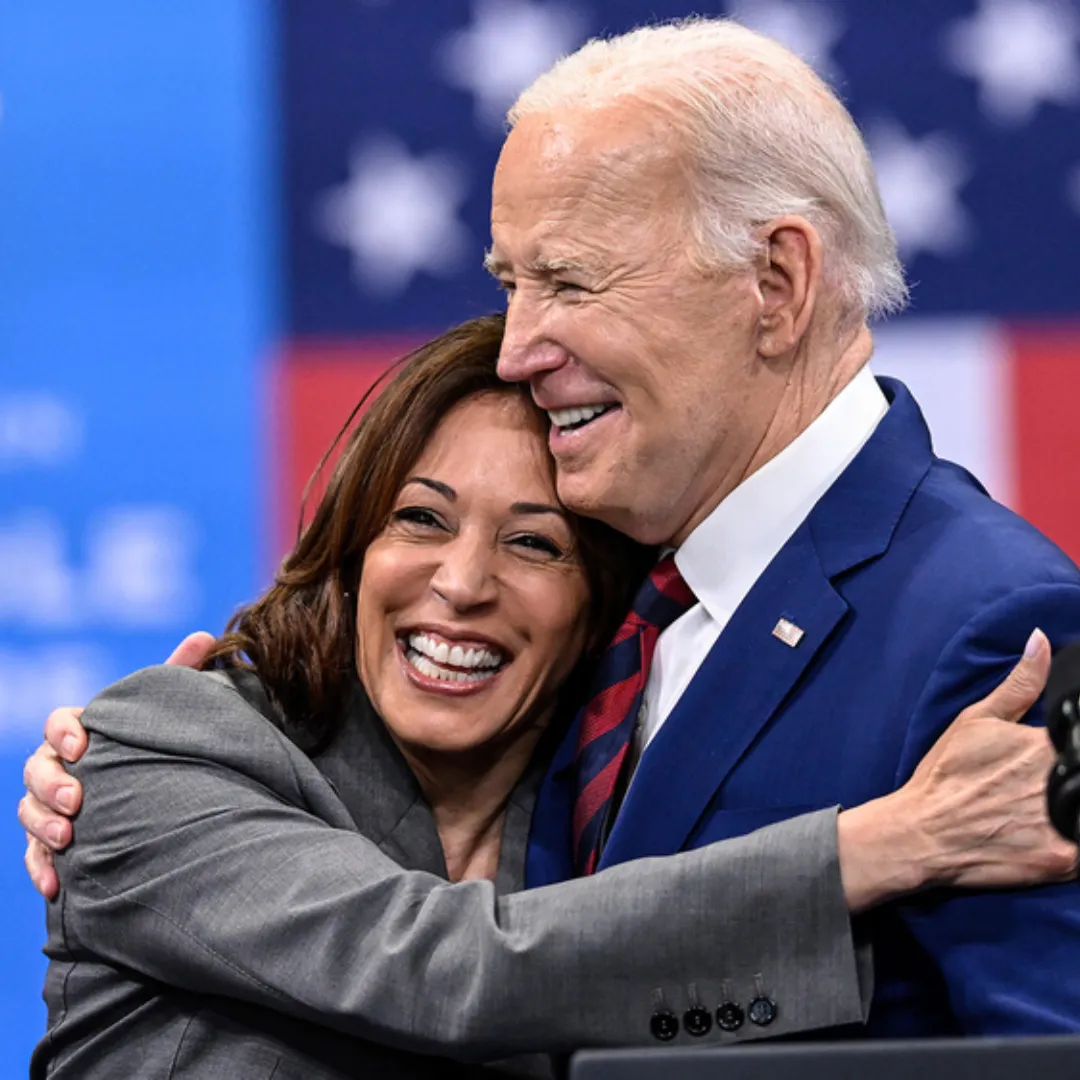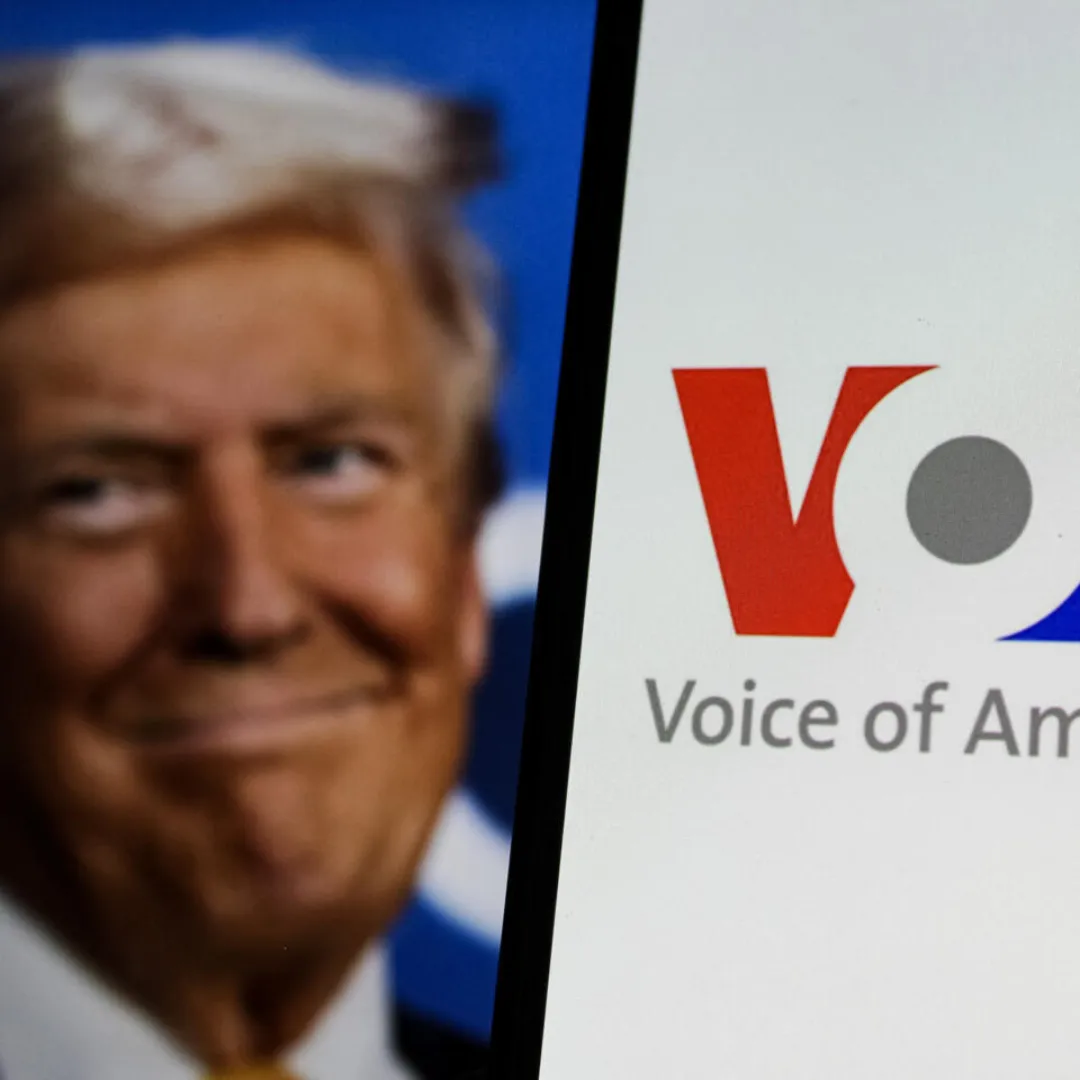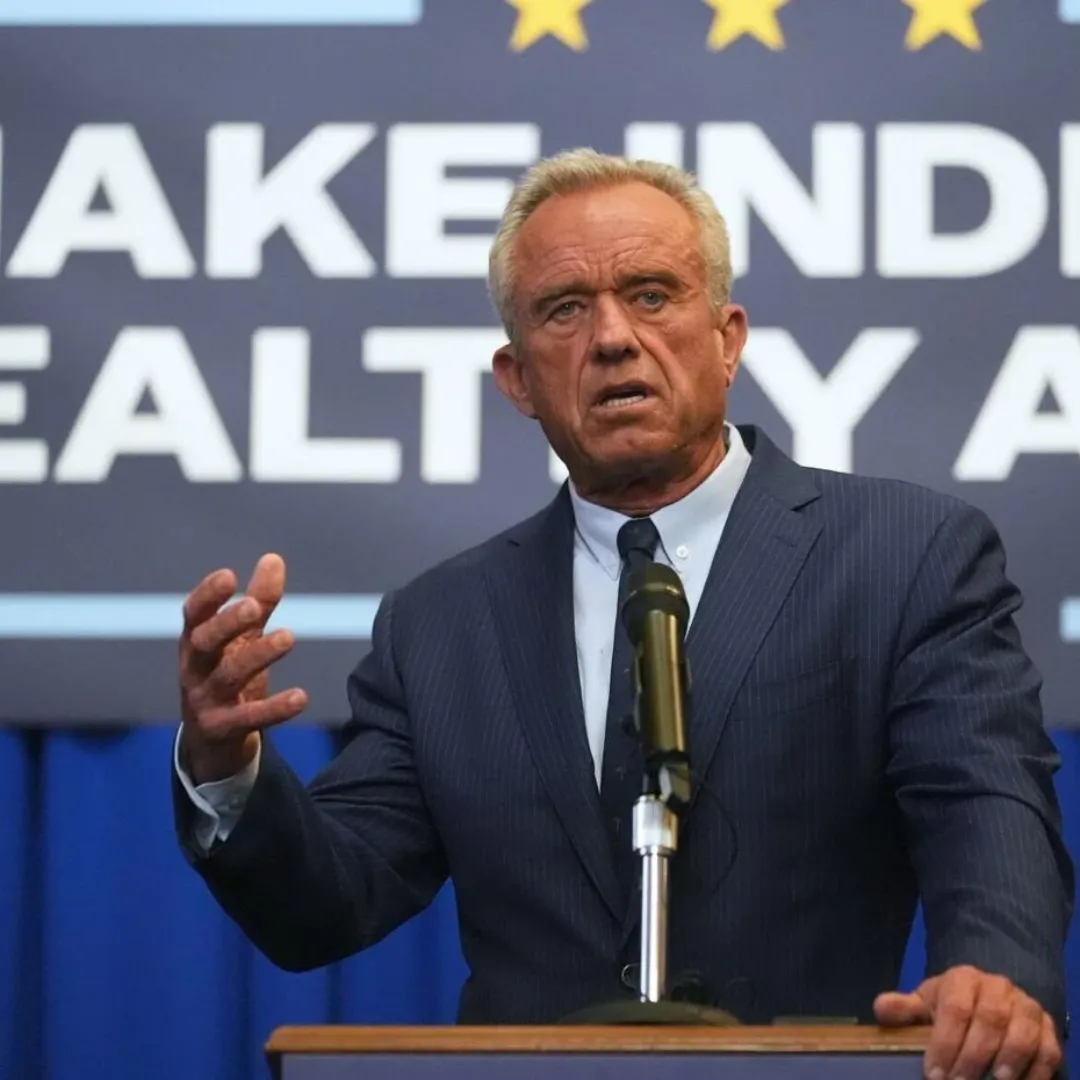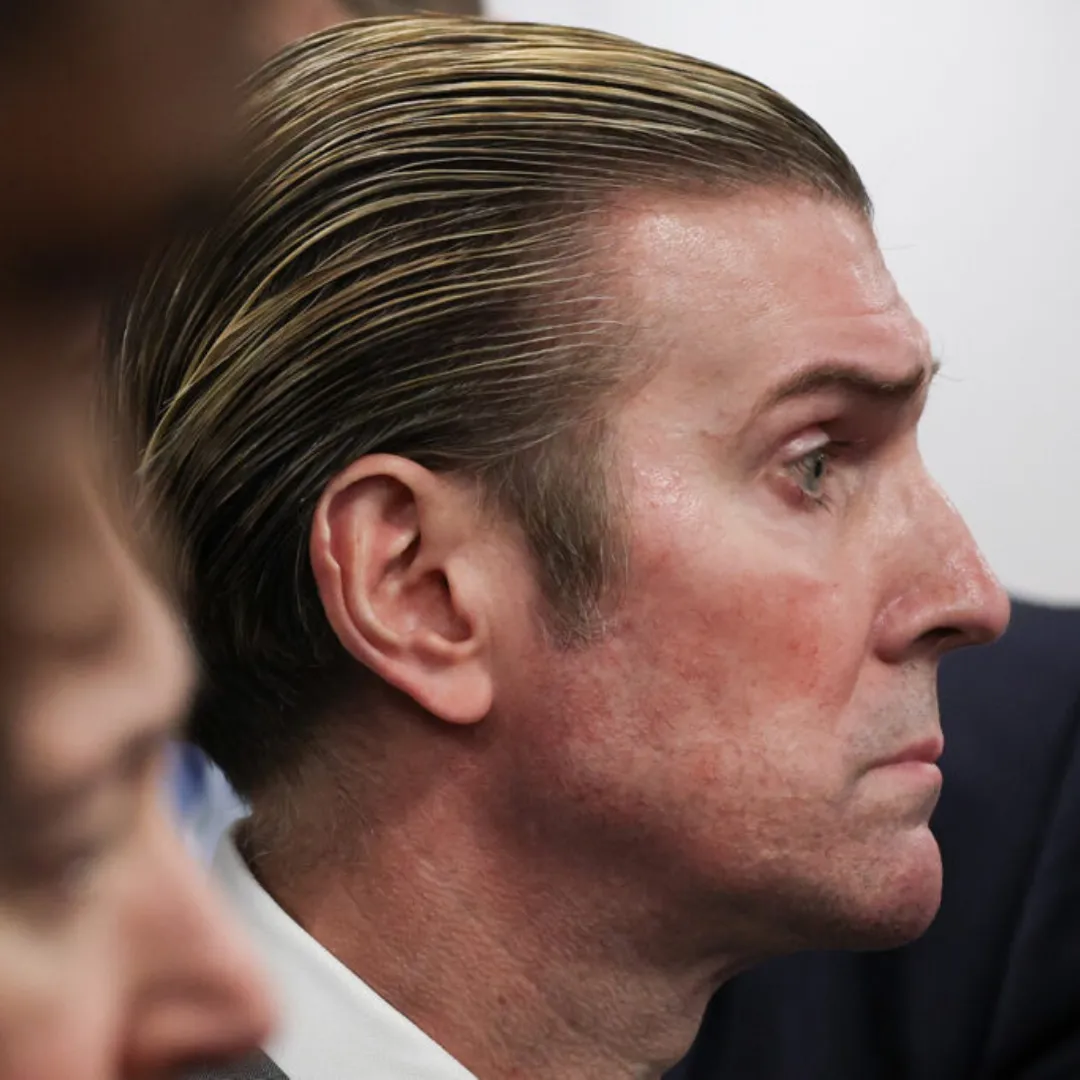
Former Vice President Al Gore’s comments this week comparing the Trump administration to Nazi Germany have reignited a fierce debate over the appropriateness of using such extreme comparisons in modern political discourse. Speaking at San Francisco’s Climate Week, Gore condemned President Trump’s approach to governance, particularly the administration's efforts to reshape political narratives and suppress dissent.
"Let's be clear. Trump's arrest of Judge Dugan in Milwaukee has nothing to do with immigration. It has everything to do with his moving this country toward authoritarianism," Gore said, echoing growing concerns about the rise of what many view as authoritarian tendencies within the Trump administration.
His remarks centered around the idea that the Trump administration is attempting to create a version of reality that aligns with its political goals, regardless of the truth. Quoting from Nazi-era figures, Gore highlighted the disturbing parallels he saw in the Trump administration's tactics, stating that the Nazis’ rise to power was characterized by “the conversion of all questions of truth into questions of power.”
For Gore, this was a clear reflection of Trump’s insistence on creating a “preferred version of reality” for the American public, one that he believes is harmful and ultimately undermines democratic institutions.
The comparison to Nazi Germany, while harsh, has become an increasingly common rhetorical device among Democrats, particularly in response to Trump’s policies and actions.
As the political divide in the U.S. grows deeper, both sides have invoked Nazi references to vilify each other, but in recent months, it has become more frequent among Democrats who see the current administration as a threat to the country’s democratic foundations. The rhetoric has been most visible in criticisms of Trump’s approach to immigration, civil rights, and the media.
However, this tendency to draw such extreme comparisons is not without its critics. Republicans argue that these analogies are politically charged and ultimately undermine meaningful debate. A national Republican political operative voiced frustration with what they perceive as the overuse of Nazi comparisons, which they argue have diluted the meaning of such serious accusations.
“The Democrats and media have overused these phrases to the point where they don’t mean anything anymore,” the operative said. “You would think after two failed assassination attempts that they would have stopped using these ridiculous and loaded terms about [President] Trump and his supporters, but instead, they’ve doubled down.”

The idea of using Nazi comparisons as a political tool is not new, but its growing prominence raises important questions about how far such comparisons can go without becoming counterproductive.
Critics of the rhetoric argue that it alienates the middle of the electorate, and risks oversimplifying complex political issues by reducing them to extreme caricatures. The concern is that these comparisons, while meant to draw attention to perceived dangers of Trump’s actions, might only serve to further polarize an already divided electorate.
The use of Nazi references also has led to public debates within the Democratic Party about its strategic effectiveness. Some Democrats argue that such comparisons are necessary to highlight the dangers posed by Trump’s political agenda.
“We have an obligation and an opportunity to call balls and strikes as we see them, and this ball is coming straight down the plate,” said Antjuan Seawright, a leading Democratic strategist. He added, “Part of good messaging is telling the hard truth. There’s simplicity in the overlap between the Hitler comparisons and some of the stuff we see Trump and his supporters doing. It’s only a risk when it’s not true.”
Others, however, feel that such comparisons are not only damaging to the party’s image but also detract from the real issues that need to be addressed. According to one national Democratic strategist, the challenge lies in not just making comparisons to historical figures but also connecting those comparisons to concrete policy issues.
"The challenge is communicating not just that you think this person is like this thing or this idea [Hitler or Nazis], but why you think that’s the case, why that’s a problem and how that impacts their life," the strategist explained. “It’s not just Elon Musk does a Nazi salute. It’s Elon Musk does a Nazi salute as part of a power grab to make your life harder. That’s effective. Just name calling falls a little short.”
The tension over the use of Nazi comparisons became even more apparent after comedian Larry David published an op-ed in The New York Times in which he imagined a dinner with Hitler as a way to critique both Trump and comedian Bill Maher. David’s piece, titled "My Dinner with Adolf," compared Maher’s recent meeting with Trump to meeting Hitler.
Maher, who had previously stated that the Trump he met in person was different from the one he publicly criticized, was sharply rebuked by David, who wrote, “Here I was, prepared to meet Hitler, the one I’d seen and heard — the public Hitler. But this private Hitler was a completely different animal. And oddly enough, this one seemed more authentic, like this was the real Hitler.”

The fallout from David’s piece was immediate, with Bill Maher responding by saying the comparison was “kind of insulting to six million dead Jews.”
“I think the minute you play the Hitler card, you’ve lost the argument,” Maher added, underlining his belief that such extreme comparisons undermine the gravity of the Holocaust and distort the conversation around Trump’s political actions.
For many, the comparison between Trump and Nazi figures is not just a rhetorical device but a way to bring attention to what they perceive as a growing authoritarian trend in the U.S. Underlying this debate is a larger concern about the erosion of democratic norms and the potential for Trump to push the boundaries of executive power.
Democrats continue to argue that Trump’s actions, including his refusal to acknowledge the checks and balances of the Constitution and his attacks on the media and judiciary, have put the country on a dangerous path.
The discourse surrounding these comparisons comes at a time when Trump is increasingly facing questions about his legacy and his potential for a third term in office. As the election cycle approaches, the rhetoric surrounding Trump and his policies will only intensify, with both parties likely to continue using powerful metaphors to define each other’s agendas.
Whether or not the Nazi comparisons will prove effective in shaping the narrative remains to be seen, but they undeniably highlight the deep divides in American politics.
As both parties continue to engage in what has become a battle of words, the challenge will be for each side to move beyond inflammatory rhetoric and focus on substantive policy solutions that resonate with voters.
For many Democrats, it is clear that Trump’s actions represent a serious threat to American democratic institutions, but how they frame that threat—whether through comparisons to history’s darkest moments or through more targeted, issue-based messaging—will play a crucial role in the party’s ability to challenge him effectively in the years ahead.




